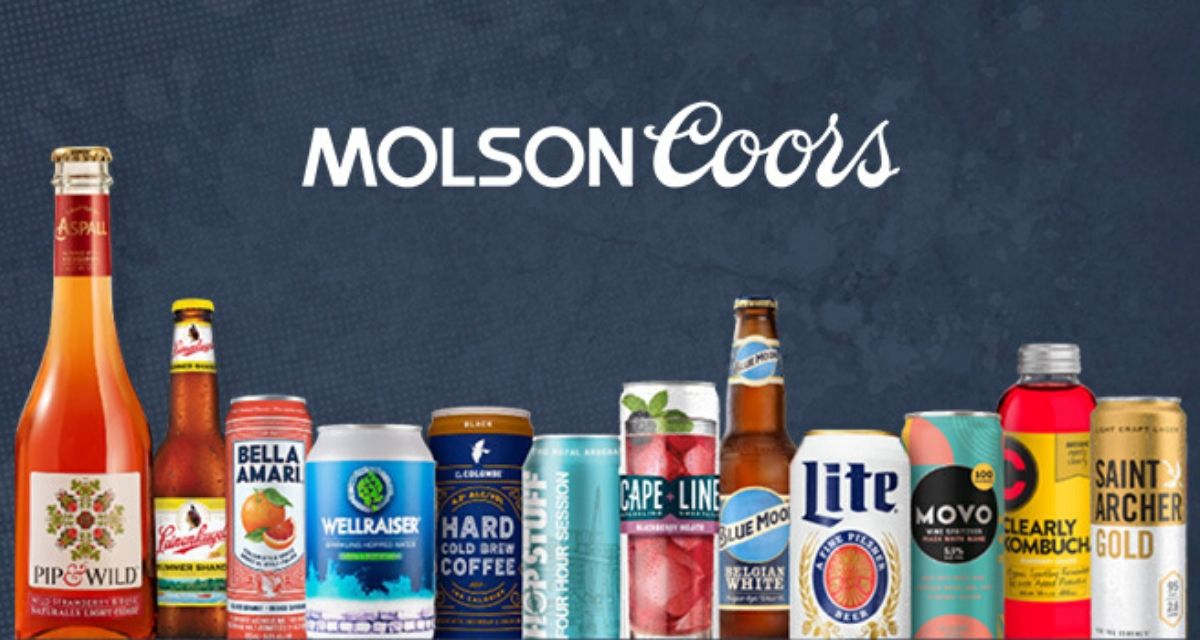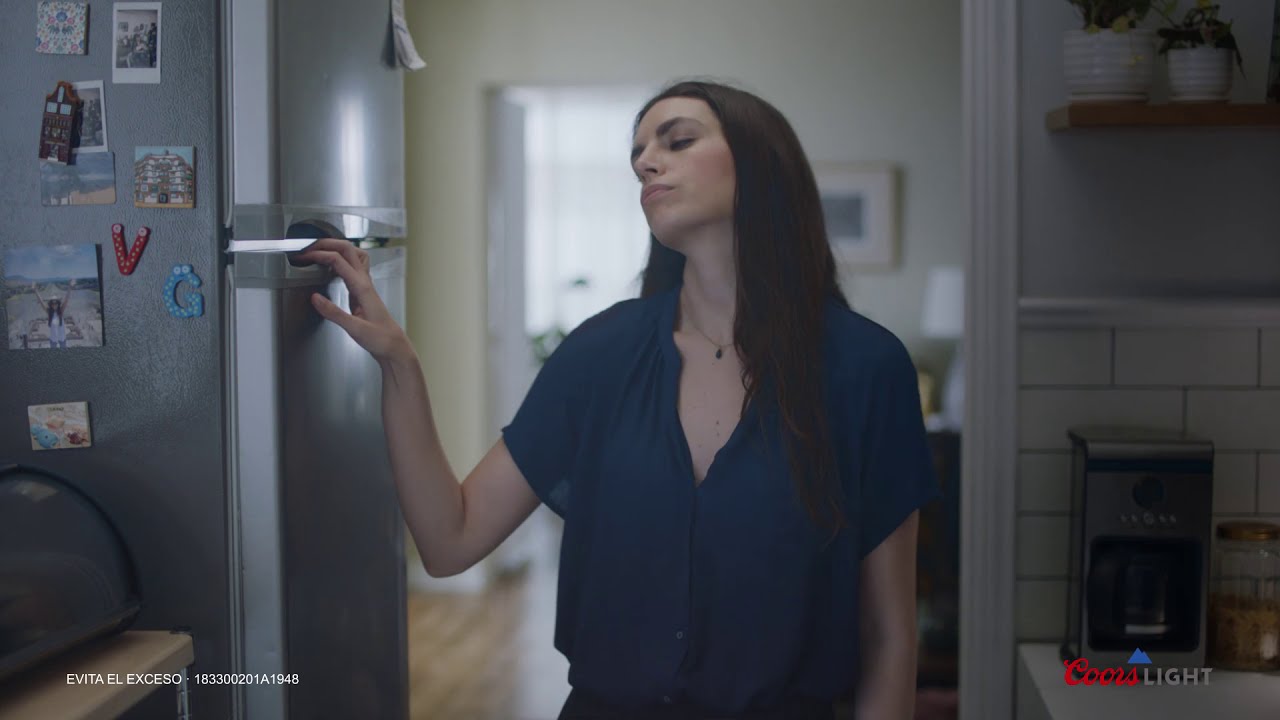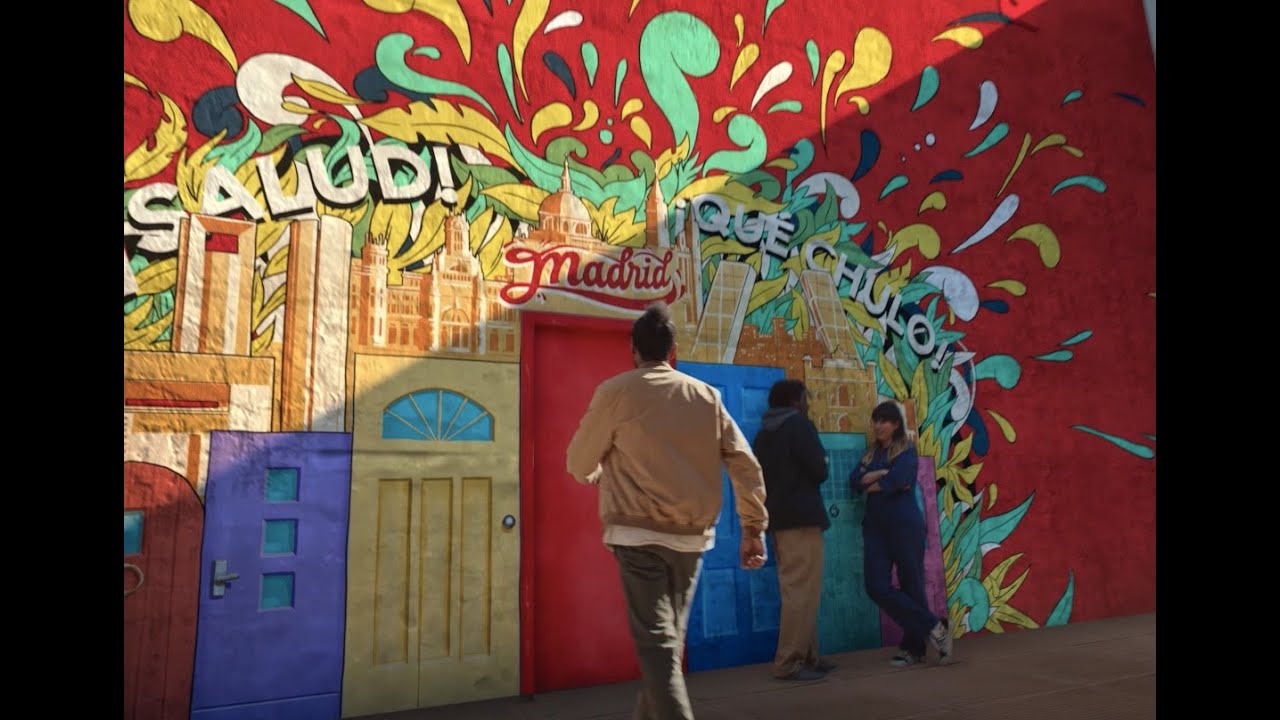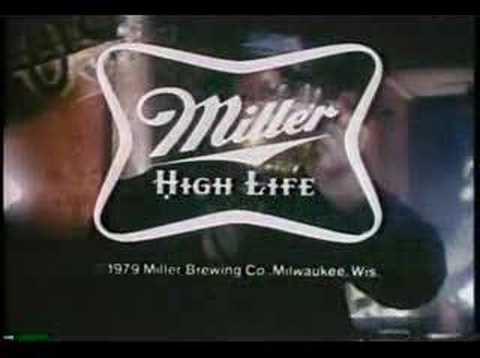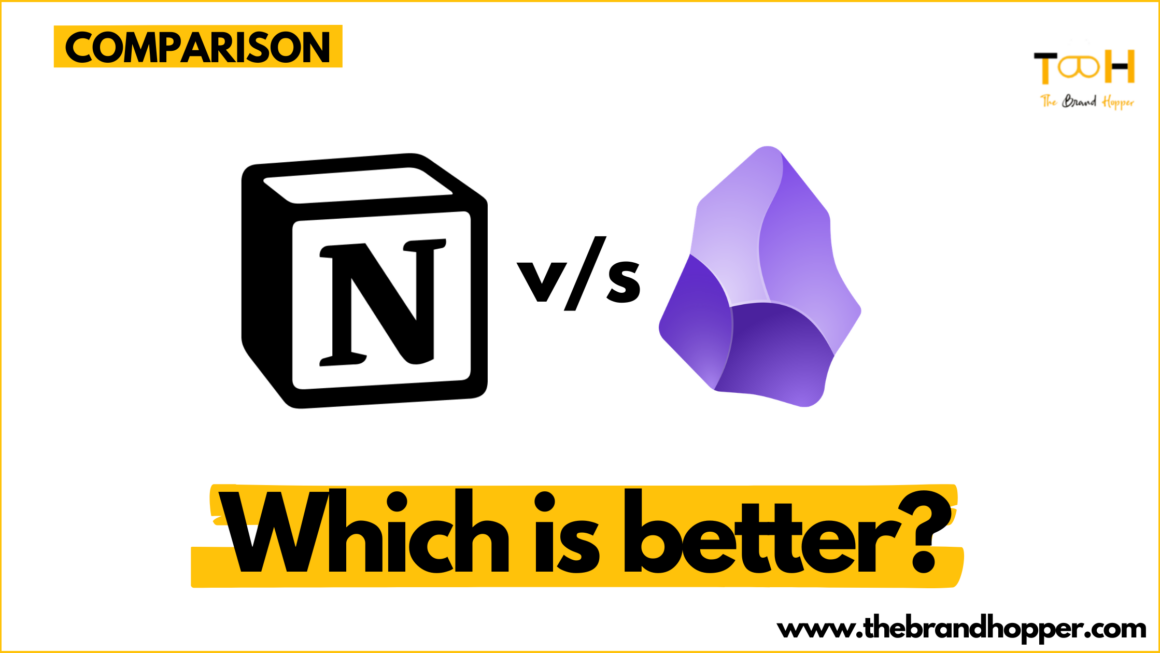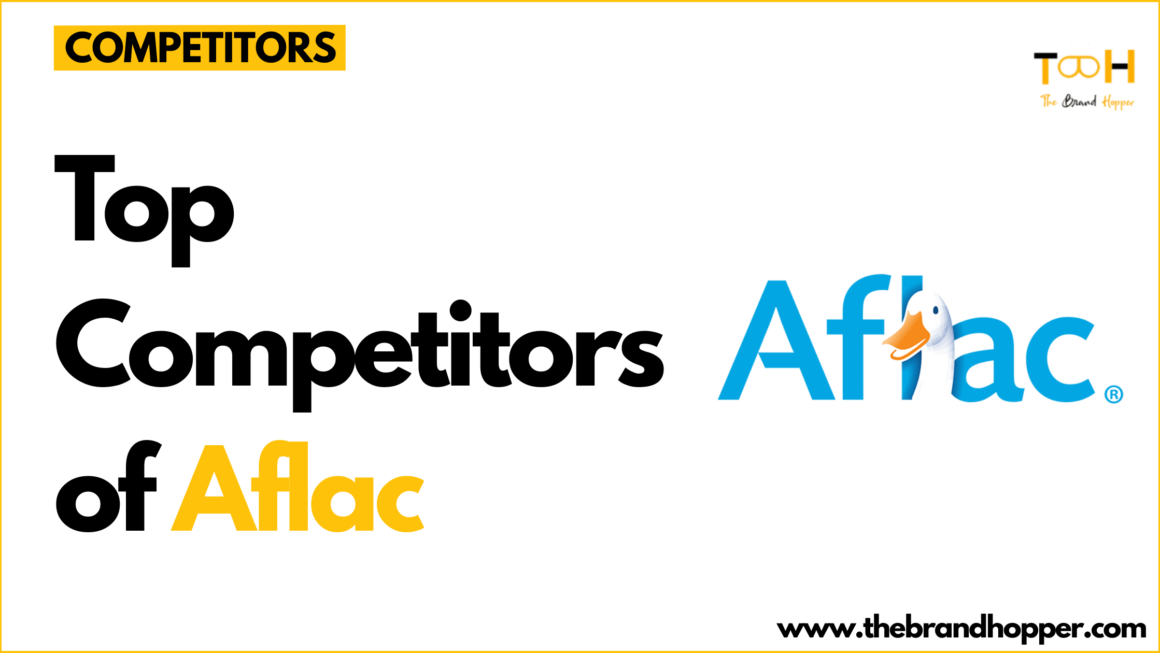Molson Coors is a major player in the global beverage industry, renowned for its extensive portfolio of beer brands and its commitment to brewing excellence. Founded in 1873, Molson Coors has grown into one of the world’s largest brewers, combining rich heritage with innovation to maintain its relevance in an ever-evolving market. The company was established through a merger between two longstanding brewing giants, Molson of Canada and Coors of the United States, forming Molson Coors Brewing Company in 2005. This union brought together more than 300 years of brewing experience, blending traditional craftsmanship with a modern, forward-thinking business approach.
Molson Coors’ origins lie in North America but have since expanded globally. Molson, the oldest brewery in North America, was founded in Montreal by John Molson in 1786, while Coors traces its roots back to Golden, Colorado, where Adolph Coors opened his brewery in 1873. The merger not only brought together two iconic brands but also allowed Molson Coors to build a vast global network, including breweries and distribution centers across North America, Europe, and Asia.
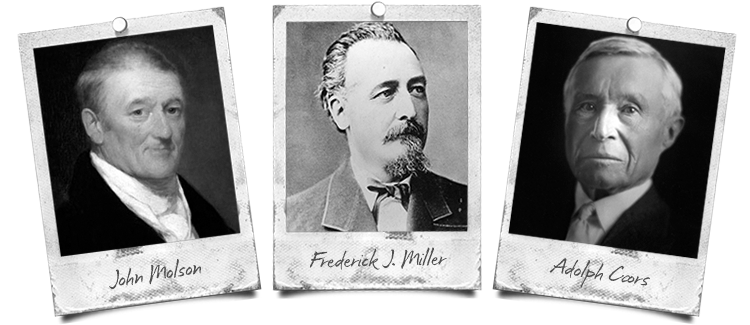
As a global brewer, Molson Coors operates with a strong portfolio of brands that span across different beer categories, from light lagers to craft beers, appealing to a broad range of consumer tastes. The company owns some of the world’s most recognized beer brands, such as Coors Light, Molson Canadian, Miller Lite, Blue Moon, Carling, and Staropramen. With this diverse product range, Molson Coors can tap into various consumer segments, ensuring a presence in both mainstream and niche markets. Notably, Coors Light, with its iconic “cold-activated” packaging and branding around mountain cold refreshment, has been a game-changer in the light beer category, helping Molson Coors solidify its place as a market leader.
The company’s business strategy is focused on innovation and sustainability. Molson Coors has consistently adapted to changing market demands and consumer preferences by introducing new products, such as non-alcoholic beverages and flavored malt drinks, while investing in premium and craft beer segments. With consumers increasingly gravitating towards healthier and more sustainable options, Molson Coors has embraced these trends through initiatives such as reducing carbon emissions, improving water stewardship, and creating eco-friendly packaging. For instance, the company is actively working toward reducing its environmental impact by achieving goals like cutting its brewery carbon footprint by 50% by 2025.
Beyond its commitment to sustainability, Molson Coors places a significant emphasis on corporate responsibility and community engagement. The company has developed various initiatives that focus on responsible drinking, ensuring that alcohol is consumed safely and responsibly. Moreover, Molson Coors engages in a range of philanthropic activities, supporting local communities where it operates, including donating to charitable organizations and creating opportunities for its workforce to volunteer.
Over the years, Molson Coors has expanded its reach through strategic acquisitions and partnerships. One of the most notable acquisitions occurred in 2016 when Molson Coors purchased the remaining stake in the MillerCoors joint venture from SABMiller, giving it full control of the U.S. beer giant. This acquisition helped Molson Coors consolidate its position in the competitive American market, strengthening its distribution network and product offerings. Furthermore, the company has pursued opportunities in growing segments such as craft beer and hard seltzers, acquiring craft breweries and investing in emerging beverage trends. The purchase of craft breweries like Leinenkugel’s and the introduction of products like Vizzy Hard Seltzer are examples of the company’s adaptive strategy in action.
In recent years, Molson Coors has shifted toward a “beverage company” model rather than just a beer company. This strategic evolution reflects the changing landscape of consumer preferences, as younger generations are increasingly looking for a variety of beverage options beyond traditional beer. By entering the non-alcoholic beverage space and experimenting with products like canned cocktails, Molson Coors is broadening its portfolio to stay competitive in the face of declining beer consumption in some markets.
Despite the challenges posed by the COVID-19 pandemic, which significantly impacted the global beer industry, Molson Coors has demonstrated resilience by embracing digital transformation and direct-to-consumer models. The company has ramped up its e-commerce initiatives, allowing consumers to purchase products online directly from the brewery. This digital shift not only addresses short-term challenges brought by the pandemic but also positions the company for future growth in a digital-first world.
In conclusion, Molson Coors is a company deeply rooted in history yet committed to staying relevant through innovation, sustainability, and strategic expansion. Its extensive brand portfolio, global presence, and proactive adaptation to consumer trends have made it one of the most prominent names in the global beverage industry. By evolving from a beer company into a broader beverage entity, Molson Coors is ensuring that it remains a dominant force in the market, ready to tackle the challenges and opportunities of the 21st century.
Marketing Strategies of Molson Coors
Molson Coors employs a diverse range of marketing strategies to maintain its position as one of the world’s leading beer and beverage companies. Its approach encompasses a mix of traditional and modern marketing techniques, aiming to resonate with both longstanding customers and emerging consumer segments. Below is a detailed exploration of the key marketing strategies that have contributed to Molson Coors’ success:
1. Brand Portfolio Diversification
Molson Coors has effectively utilized brand portfolio diversification as a key marketing strategy to enhance its market presence and drive sales growth. By expanding beyond traditional beer offerings, the company has embraced a variety of beverage categories, including hard seltzers, non-alcoholic drinks, and premium imports. This strategy not only allows Molson Coors to cater to diverse consumer preferences but also mitigates risks associated with market fluctuations in the beer industry. For example, the launch of Topo Chico Hard Seltzer and Simply Spiked Lemonade has positioned Molson Coors as a competitive player in the rapidly growing flavored malt beverage segment, contributing significantly to its revenue streams and appealing to younger demographics seeking alternative refreshment options.
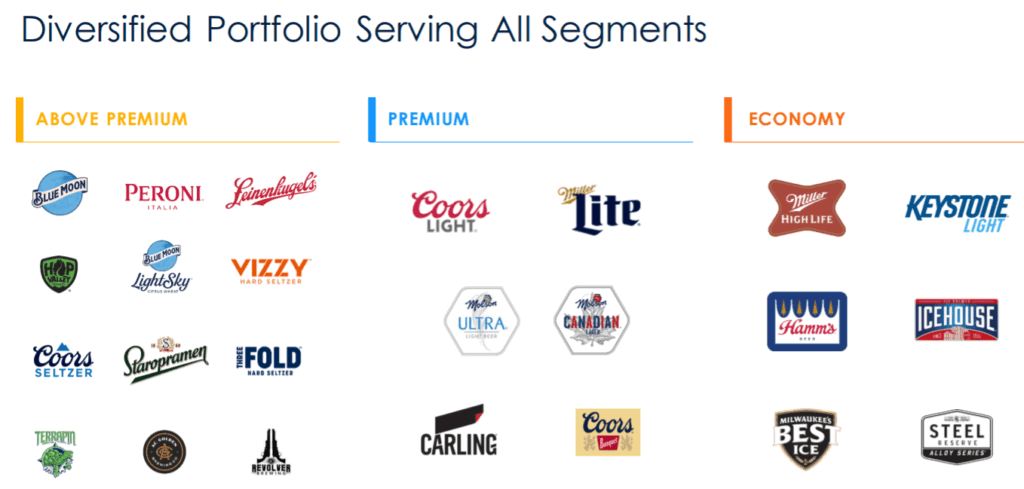
In recent marketing campaigns, Molson Coors has demonstrated its commitment to creating culturally relevant brand experiences that resonate with consumers. Notably, the Christmas Tree Keg Stand campaign for Miller Lite became one of the most talked-about promotions in the company’s history, generating over 4 billion media impressions. This campaign exemplifies how Molson Coors leverages its diverse brand portfolio to engage consumers through innovative and memorable experiences that cut through the noise of traditional advertising. Additionally, the company’s focus on partnerships—such as collaborations with Lay’s for unique bar experiences—further illustrates its strategy of integrating brands into everyday consumer moments, thereby enhancing brand visibility and loyalty.
Moreover, under the leadership of CMO Sofia Colucci, Molson Coors has prioritized inclusivity and social responsibility in its marketing approach. Campaigns like Miller Lite’s “Bad $#!t to Good $#!t,” which transformed sexist beer advertisements into fertilizer for women-led farms, reflect a shift towards more progressive narratives in the beer industry. This focus on community engagement and responsible drinking not only strengthens brand identity but also aligns with evolving consumer values, making Molson Coors a relevant player in today’s market landscape. By continually adapting its marketing strategies and diversifying its product offerings, Molson Coors positions itself for sustained growth and relevance in an increasingly competitive beverage industry.
2. Targeted Marketing and Consumer Segmentation
Molson Coors has adeptly employed targeted marketing and consumer segmentation as a fundamental strategy to enhance brand engagement and drive sales. By identifying specific consumer demographics and tailoring marketing messages accordingly, the company effectively reaches diverse audience segments. For instance, the launch of Vizzy Hard Seltzer was specifically aimed at health-conscious consumers and younger drinkers, capitalizing on the growing trend of low-calorie alcoholic beverages. This targeted approach not only helped to capture a new customer base but also positioned Molson Coors as a relevant player in the competitive hard seltzer market, which has seen explosive growth in recent years.
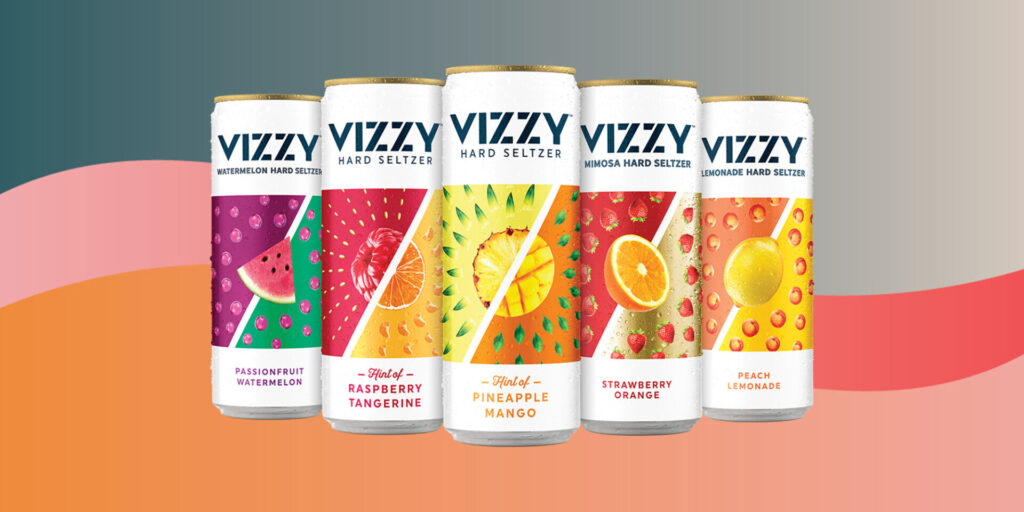
Molson Coors has launched several innovative campaigns that highlight its commitment to targeted marketing and consumer engagement. One notable example is the “Made to Chill” campaign for Coors Light, which emphasizes relaxation and escapism in a fast-paced world. This campaign effectively targets consumers seeking a refreshing break from their busy lives, positioning Coors Light as the ideal choice for unwinding. The messaging resonates particularly well with millennials and Gen Z, who prioritize experiences and self-care, showcasing Molson Coors’ ability to connect with younger demographics through relevant themes and lifestyle alignment.
Additionally, Molson Coors has embraced digital innovation through campaigns like the Madrí Excepcional initiative, which utilized QR codes on packaging. This campaign provided consumers with access to a platform featuring personalized city maps and exclusive brand content, effectively enhancing the consumer experience through interactivity. By tapping into technology and offering engaging content, Molson Coors demonstrates its understanding of modern consumer preferences while fostering brand loyalty among tech-savvy audiences. These examples illustrate Molson Coors’ strategic focus on targeted marketing and consumer segmentation to adapt to evolving market trends and preferences.
3. Sustainability as a Core Value
Molson Coors has positioned sustainability as a core value in its marketing strategy, recognizing the increasing consumer demand for environmentally responsible practices. The company’s “Our Beer Print“ initiative outlines ambitious sustainability goals aimed at reducing its environmental footprint by 2025. This includes commitments to improve water efficiency by 22%, achieve a 50% reduction in carbon emissions, and ensure that 100% of its packaging is reusable, recyclable, or compostable. By transparently communicating these goals, Molson Coors not only enhances its brand image but also builds trust with consumers who prioritize sustainability in their purchasing decisions.
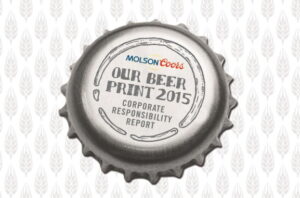
A significant campaign reflecting this commitment is the “Plastic-Free Future Mart,” launched by Coors Light to promote the removal of plastic rings from packaging. This pop-up experience in Brooklyn showcased new cardboard carriers designed to eliminate plastic waste, directly engaging consumers in a tactile environment that emphasizes the brand’s sustainability agenda. The initiative is part of a larger $85 million investment aimed at transitioning to eco-friendly packaging across North America by 2025. By removing approximately 1.7 million pounds of plastic waste annually, this campaign not only aligns with consumer values but also positions Coors Light as a leader in sustainable practices within the beer industry.
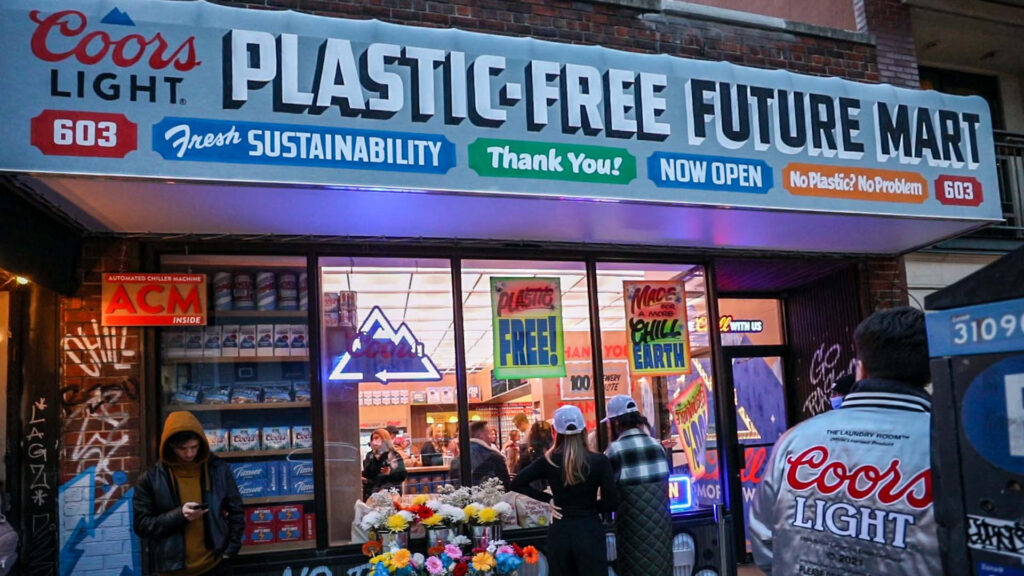
Moreover, Molson Coors has integrated sustainability into its community engagement efforts through initiatives like the “Madrí Excepcional” campaign, which utilized QR codes on packaging to provide consumers with information about sustainable practices and local events. This interactive approach not only educates consumers about the brand’s commitment to sustainability but also fosters a sense of community and connection. By leveraging technology and storytelling, Molson Coors enhances brand loyalty while promoting responsible consumption and environmental stewardship. These efforts demonstrate how sustainability is not just an operational goal but a central theme in Molson Coors’ marketing strategy, appealing to modern consumers who are increasingly conscious of their environmental impact.
4. Experiential Marketing and Sponsorships
Molson Coors has effectively leveraged experiential marketing and sponsorships as integral components of its marketing strategy, creating memorable consumer interactions that deepen brand loyalty. One standout example is the “Christmas Tree Keg Stand” campaign for Miller Lite, which introduced a unique tree stand designed to hold a keg. This innovative product not only captured attention during the holiday season but also generated over 4 billion media impressions, making it one of Molson Coors’ most successful marketing initiatives. By combining a festive theme with an interactive product, the campaign resonated with consumers looking for fun, memorable experiences, thereby enhancing brand visibility and engagement.
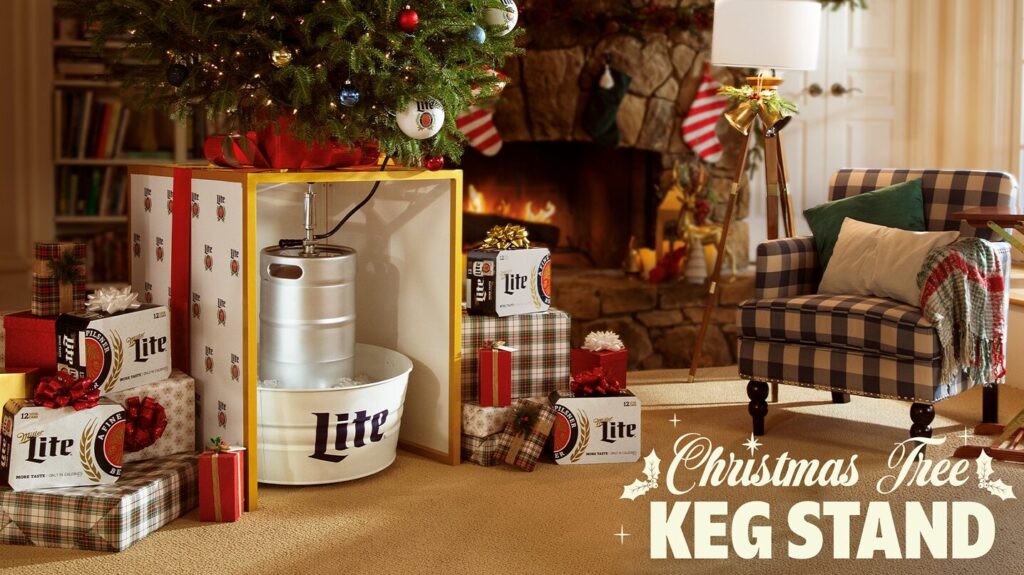
In addition to product innovations, Molson Coors has made significant strides in sponsorships that align with its brand values and target audiences. The company has partnered with major events such as the Super Bowl, where it executed interactive campaigns like the Coors Light vs. Miller Lite challenge on DraftKings. This initiative invited participants to predict various elements of the game, fostering excitement and engagement among fans. By integrating its brands into high-profile events, Molson Coors not only reaches a broad audience but also associates its products with memorable moments in sports and entertainment, enhancing brand recall and affinity.
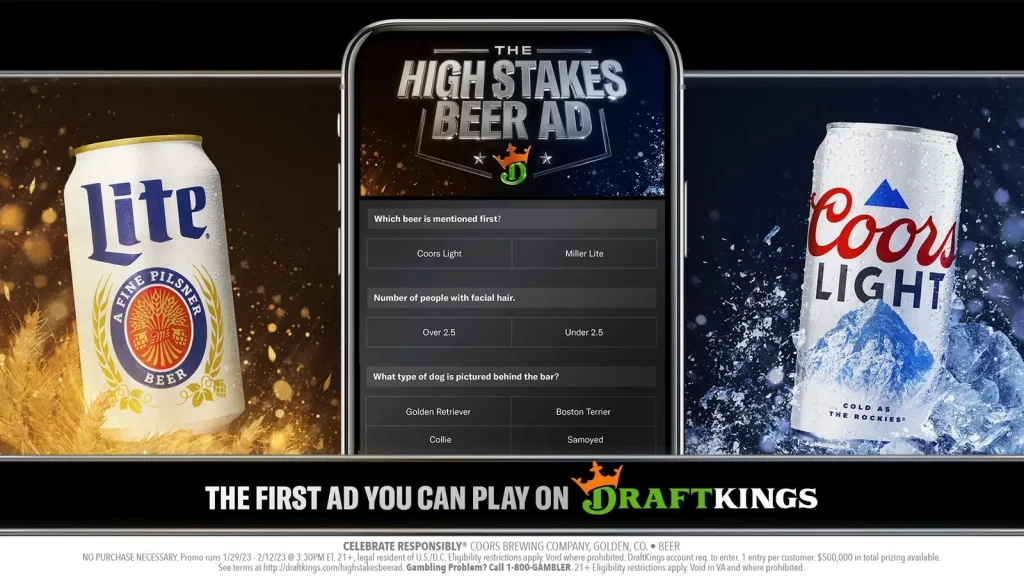
Moreover, Molson Coors has embraced local community engagement through initiatives like the Keystone Light Smoothest Grill, which was designed to appeal to backyard grill enthusiasts. This experiential marketing campaign showcased a grill styled like a race car, capturing the attention of consumers at summer barbecues and outdoor events. By creating unique experiences that resonate with specific consumer interests—such as grilling and outdoor gatherings—Molson Coors effectively strengthens its connection with target demographics. These efforts illustrate how experiential marketing and strategic sponsorships are central to Molson Coors’ approach, allowing the company to create lasting impressions and foster brand loyalty in an increasingly competitive market.
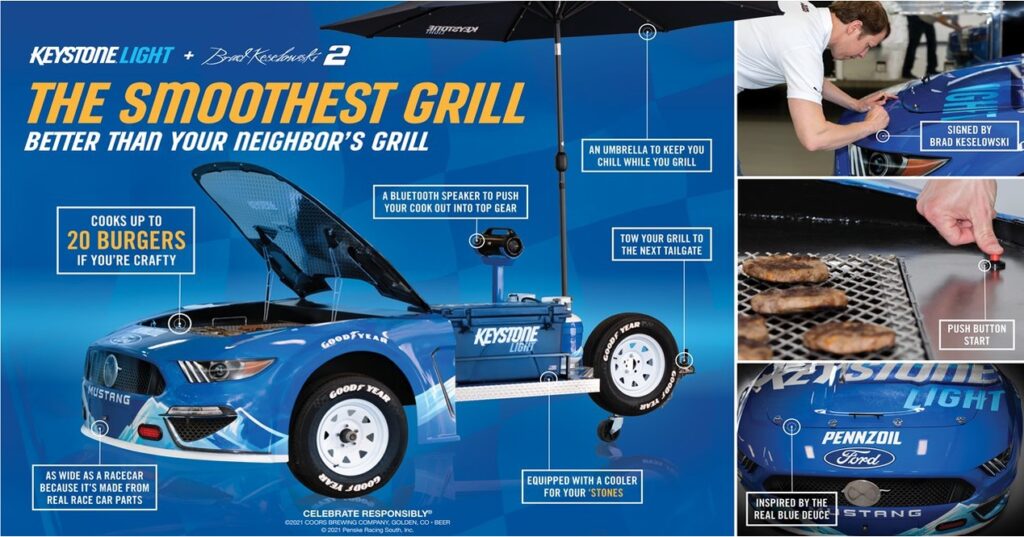
5. Digital and Social Media Marketing
Molson Coors has embraced digital and social media marketing as a key component of its overall marketing strategy, recognizing the importance of engaging with consumers where they spend much of their time online. The company has utilized various social media platforms, including Facebook, Instagram, Twitter, and YouTube, to connect with its target audience and promote its diverse portfolio of beer brands. For example, Molson Canadian, one of their flagship brands, has run successful social media campaigns that tap into Canadian national pride and hockey culture. Their “#AnythingForHockey” campaign, which ran for several years, encouraged fans to share their passion for hockey on social media, generating significant engagement and brand awareness.
The company has also leveraged influencer partnerships and user-generated content to increase authenticity and reach in their digital marketing efforts. For instance, Coors Light has collaborated with popular social media personalities to promote its “Made to Chill” campaign, emphasizing the brand’s association with relaxation and unwinding. Additionally, Molson Coors has invested in digital advertising, utilizing programmatic buying and targeted ads across various online platforms to reach specific consumer segments. They have also experimented with innovative digital experiences, such as virtual beer tastings during the COVID-19 pandemic, to maintain consumer engagement when in-person events were limited.
Molson Coors has integrated its digital and social media marketing efforts with its broader marketing initiatives, creating cohesive multi-channel campaigns. For example, their Miller Lite brand has run successful campaigns that blend traditional advertising with social media engagement. The “It’s Miller Time” campaign, which has evolved over the years, has incorporated hashtags, social media challenges, and digital content to reinforce the brand’s messaging across various platforms. Furthermore, Molson Coors has utilized data analytics and AI-driven insights to optimize its digital marketing strategies, allowing for more personalized and effective consumer targeting. This approach has helped the company to adapt to changing consumer preferences and maintain relevance in the highly competitive beer market.
6. Innovation in Product Development
Molson Coors has made innovation in product development a cornerstone of its marketing strategy, enabling the company to adapt to changing consumer preferences and stay competitive in a crowded market. By focusing on emerging trends like low-alcohol and non-carbonated beverages, Molson Coors has successfully expanded its portfolio beyond traditional beer offerings. A prime example is the launch of Happy Thursday, a line of spiked refreshers developed specifically for Gen Z consumers. This product, which features fruity flavors and no carbonation, directly addresses the desires of younger drinkers who are increasingly seeking alternatives to traditional alcoholic beverages. By actively involving Gen Z in the product development process, Molson Coors demonstrates its commitment to customer-centric innovation.
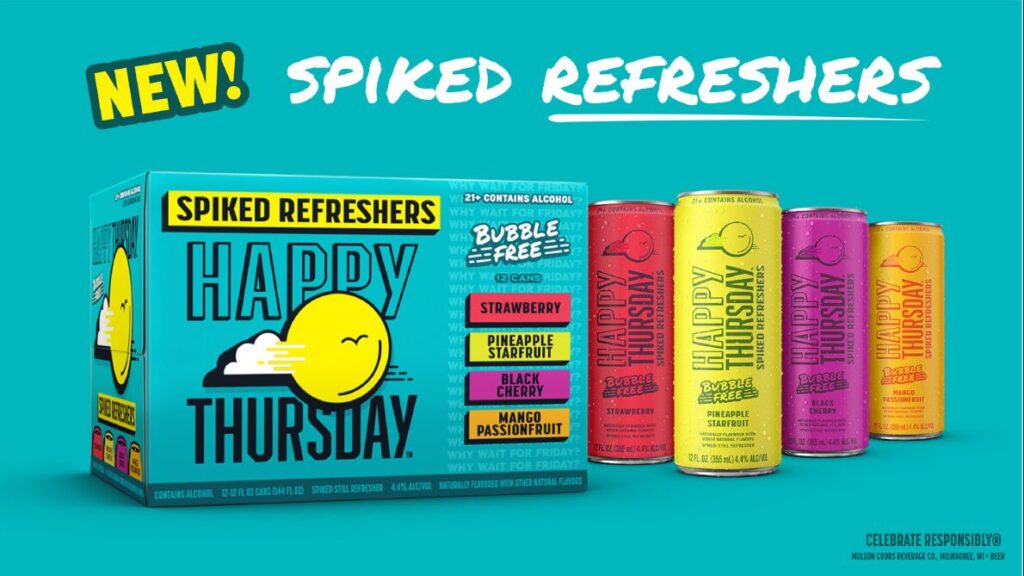
In addition to refreshing its beverage lineup, Molson Coors has also ventured into the non-alcoholic space with products like Roxie, a ready-to-drink (RTD) cocktail aimed at consumers aged 21 to 34 who are moderating their alcohol intake. Sold exclusively online, Roxie allows the company to gather valuable consumer feedback and quickly adapt to evolving preferences. This approach not only caters to the growing demand for non-alcoholic options but also positions Molson Coors as a forward-thinking brand that understands and responds to market trends. The strategic focus on RTD products illustrates how innovation can drive growth in new categories while maintaining relevance in the beverage industry.
Furthermore, Molson Coors has invested heavily in technology and operational capabilities to support its innovation efforts. The company has allocated over $150 million to upgrade its breweries with state-of-the-art equipment, enabling it to efficiently produce new products while maintaining high-quality standards. This commitment to operational excellence complements its innovative product development strategy, allowing Molson Coors to rapidly bring new offerings to market. By integrating advanced technologies and data analytics into its operations, the company not only enhances production efficiency but also fosters a culture of continuous improvement that is essential for long-term success in an ever-evolving industry.
7. Cause-Driven Marketing
Molson Coors has effectively integrated cause-driven marketing into its overall strategy, aligning its brand values with social issues that resonate with consumers. This approach not only enhances brand loyalty but also positions the company as a socially responsible entity. A prominent example is the “See My Name” campaign, launched in partnership with the Professional Women’s Hockey League (PWHL). This initiative focused on promoting female athletes by featuring their names on beer cans, thereby celebrating their achievements and increasing visibility for women in sports. By connecting its brand with a cause that promotes gender equality, Molson Coors successfully engages consumers who value social responsibility, reinforcing its commitment to inclusivity.
In response to the social justice movements that gained momentum during the COVID-19 pandemic, Molson Coors adapted its marketing strategies to reflect current societal values. The company emphasized its commitment to diversity and inclusion through various campaigns and initiatives. For instance, Molson Coors pledged to support local communities by investing in minority-owned businesses and creating opportunities for underrepresented groups within the beverage industry. This proactive stance not only aligns with consumer expectations but also demonstrates how the company is willing to take a stand on pressing social issues, further solidifying its reputation as a brand that cares about more than just profits.
Molson Coors also focuses on community support and alcohol responsibility as key aspects of its cause-driven marketing. The company is heavily involved in promoting responsible drinking through various campaigns, including raising awareness about safe alcohol consumption. Beyond this, the company supports numerous community initiatives such as its community relief efforts during natural disasters and its ongoing support for various charitable organizations. These initiatives help solidify Molson Coors as a brand that cares not just about profits, but also about contributing positively to society.
Conclusion
In summary, Molson Coors’ marketing strategy is a multifaceted approach that combines brand portfolio diversification, consumer segmentation, sustainability, experiential marketing, digital engagement, and product innovation. By leveraging its extensive brand portfolio and investing in sustainability and community-focused initiatives, the company is well-positioned to capture evolving consumer preferences. Whether through experiential events, social media interaction, or sustainability campaigns, Molson Coors has consistently shown a keen ability to stay relevant in a dynamic market, appealing to both traditional beer consumers and modern, health-conscious drinkers.
Also Read: A Case Study on Coors Light’s Lights Out Brand Campaign
To read more content like this, subscribe to our newsletter

